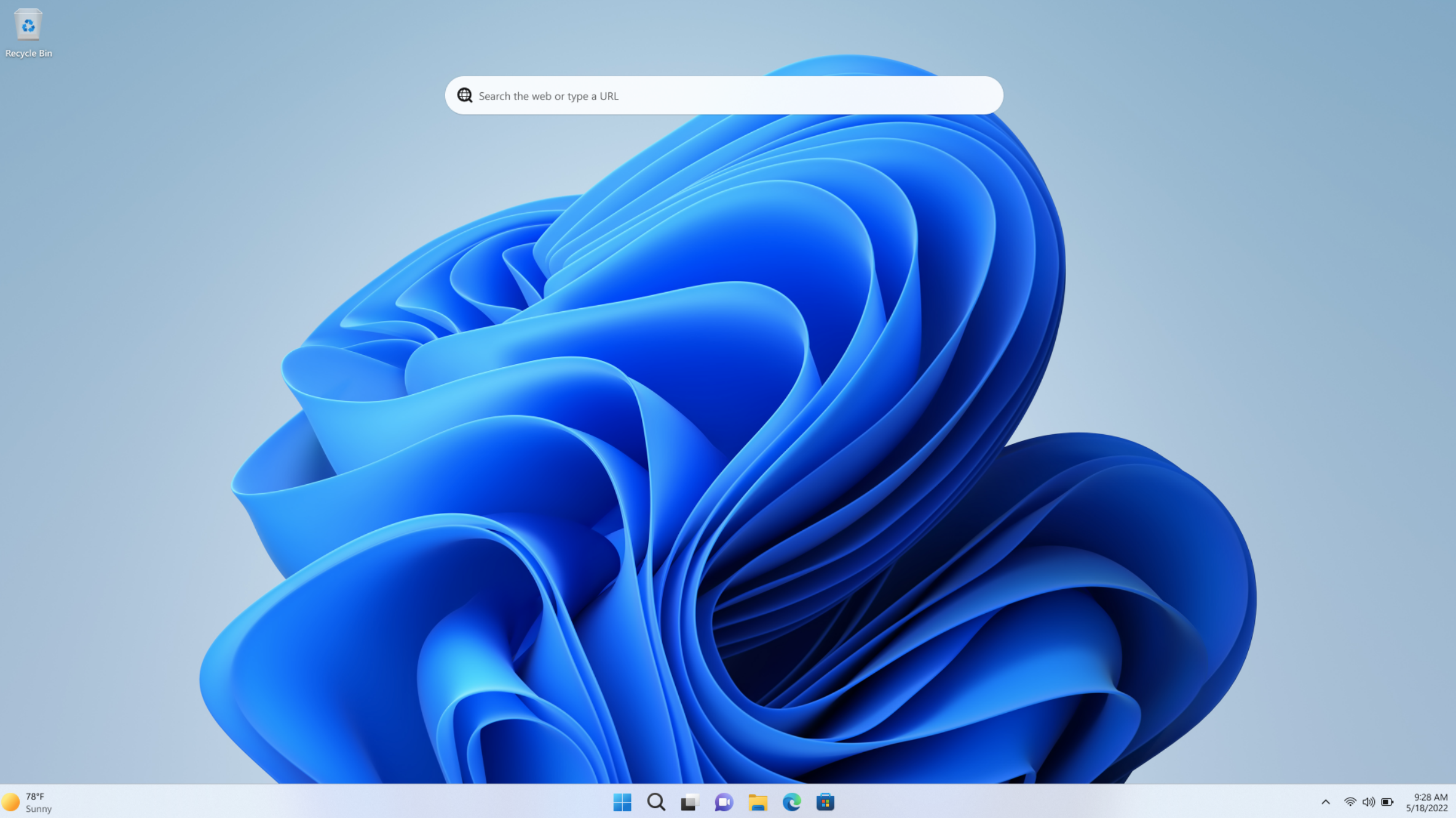
 Image: Ralf Liebhold / Shutterstock.com
Image: Ralf Liebhold / Shutterstock.com
As you may know, support for Windows 10 expires in just under a year’s time. But if you’re reluctant to upgrade to Windows 11, there’s a new alternative: you can pay a little extra to keep receiving security patches with a new extended consumer support option.
Microsoft has confirmed a consumer version of its Extended Security Updates plan. For $30, you’ll receive “critical” and “important” security updates — basically security patches that will continue to protect your Windows 10 PC from any vulnerabilities. That $30 is for one year’s worth of updates, and that’s the only option at this time. (You won’t be able to re-subscribe at the end, thus ending Windows 10 support.)
Microsoft has been warning users for years that Windows 10 support will expire in 2025, specifically October 14, 2025. At that point, Windows 10 will officially fall out of support: there will be no more feature updates or security patches. On paper, that would mean that any Windows 10 PC will be at risk of any new vulnerabilities that researchers uncover.
Previously, Microsoft had quietly hinted that consumers would be offered the same ESU protections offered to businesses and enterprises, as it did in December 2023 and again in an “editor’s note” shared in an April 2024 support post, in which the company said that “details will be shared at a later date for consumers.” That time is now, apparently.
Back in December 2023, Microsoft offered the ESU on an annual basis to businesses for three years, one year at a time. The fees would double each year, charging businesses hundreds of dollars for the privilege. Consumers won’t be offered the same deal, as a Microsoft representative said via email that it’ll be a “one-time, one-year option for $30.”
What are your options?
More than half of Americans (59.1 percent) still run Windows 10, according to September 2024 data from StatCounter. That means that millions of PCs will need to upgrade in a year’s time, something that both chipmakers like AMD and analysts are counting on to reinvigorate the PC market. Consumers, on the other hand, may feel differently.
Get Windows 11 Pro for cheap
Windows 11 Pro

If you want to upgrade to Windows 11, our how-to guide will help you out. I’ve also explained why you should upgrade to Windows 11!
Microsoft essentially makes an ad to upgrade to Windows 11 now part of the default Windows 10 upgrade process, and I’ve seen this on several PCs. It’s just one of several ads injected into the Windows experience. If your PC is eligible, you’ll be given the option to upgrade from the Windows Update menu within the Windows 10 Settings.
If your PC is not eligible, you still have options: buying a new Windows 11 PC is probably the easiest option. One alternative could be 0patch, a new subscription service that promises to protect your PC.
What we would not recommend is waiting until the end-of-support date expires and just taking the risk to continue using Windows 10 without proper security updates. That’s just asking for trouble.
Author: Mark Hachman, Senior Editor, PCWorld

Mark has written for PCWorld for the last decade, with 30 years of experience covering technology. He has authored over 3,500 articles for PCWorld alone, covering PC microprocessors, peripherals, and Microsoft Windows, among other topics. Mark has written for publications including PC Magazine, Byte, eWEEK, Popular Science and Electronic Buyers’ News, where he shared a Jesse H. Neal Award for breaking news. He recently handed over a collection of several dozen Thunderbolt docks and USB-C hubs because his office simply has no more room.
Recent stories by Mark Hachman:
Windows 11’s controversial AI Recall feature delayed againHow to use PowerToys Workspaces to finesse your Windows desktopKiller new Windows feature: How to use your phone as a webcam



